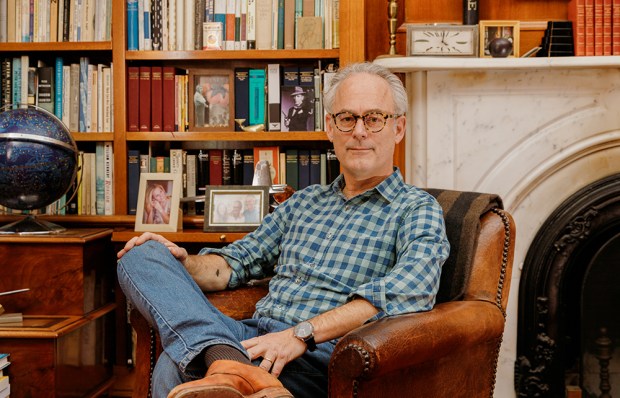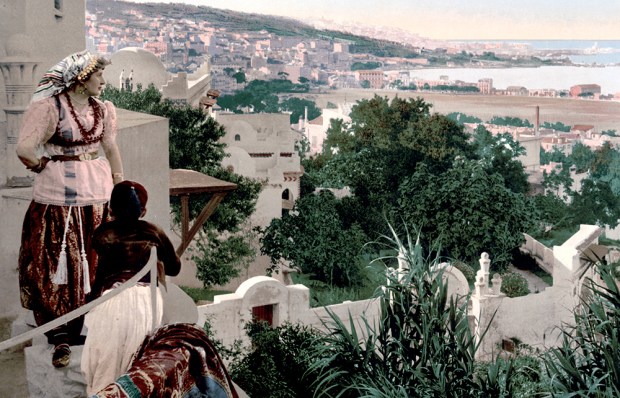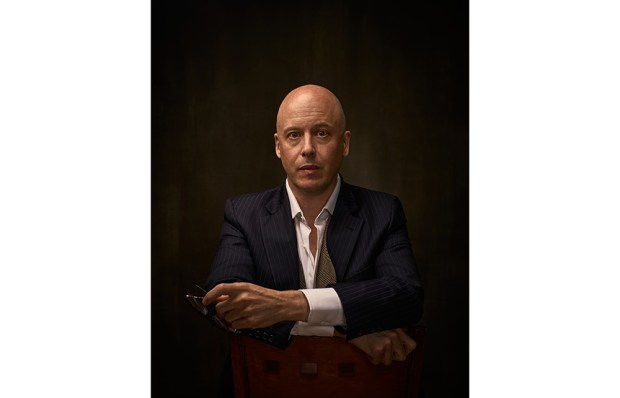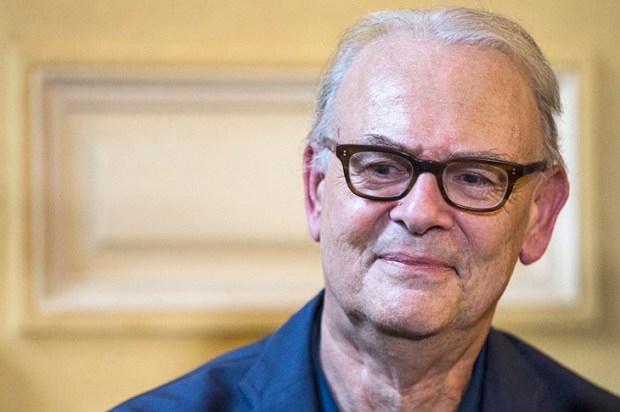Mircea Cartarescu likens his native Romania to a Latin American country stranded in eastern Europe. Certainly, his writing delivers not the pared-down parables and ironies of his self-exiled compatriot (and Nobel laureate) Herta Müller, but a rainbow-hued riot of fantasy, imagination and invention. The gender-switching narrator of ‘The Twins’ — one of five linked tales that make up Nostalgia — urges his lover to remember that ‘under the obscene rococo of our world and flesh, our bones are gothic and our spirit is gothic’.
Already a subscriber? Log in
Subscribe for just $2 a week
Try a month of The Spectator Australia absolutely free and without commitment. Not only that but – if you choose to continue – you’ll pay just $2 a week for your first year.
- Unlimited access to spectator.com.au and app
- The weekly edition on the Spectator Australia app
- Spectator podcasts and newsletters
- Full access to spectator.co.uk
Unlock this article
You might disagree with half of it, but you’ll enjoy reading all of it. Try your first month for free, then just $2 a week for the remainder of your first year.














Comments
Don't miss out
Join the conversation with other Spectator Australia readers. Subscribe to leave a comment.
SUBSCRIBEAlready a subscriber? Log in